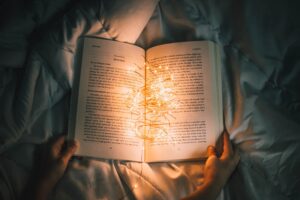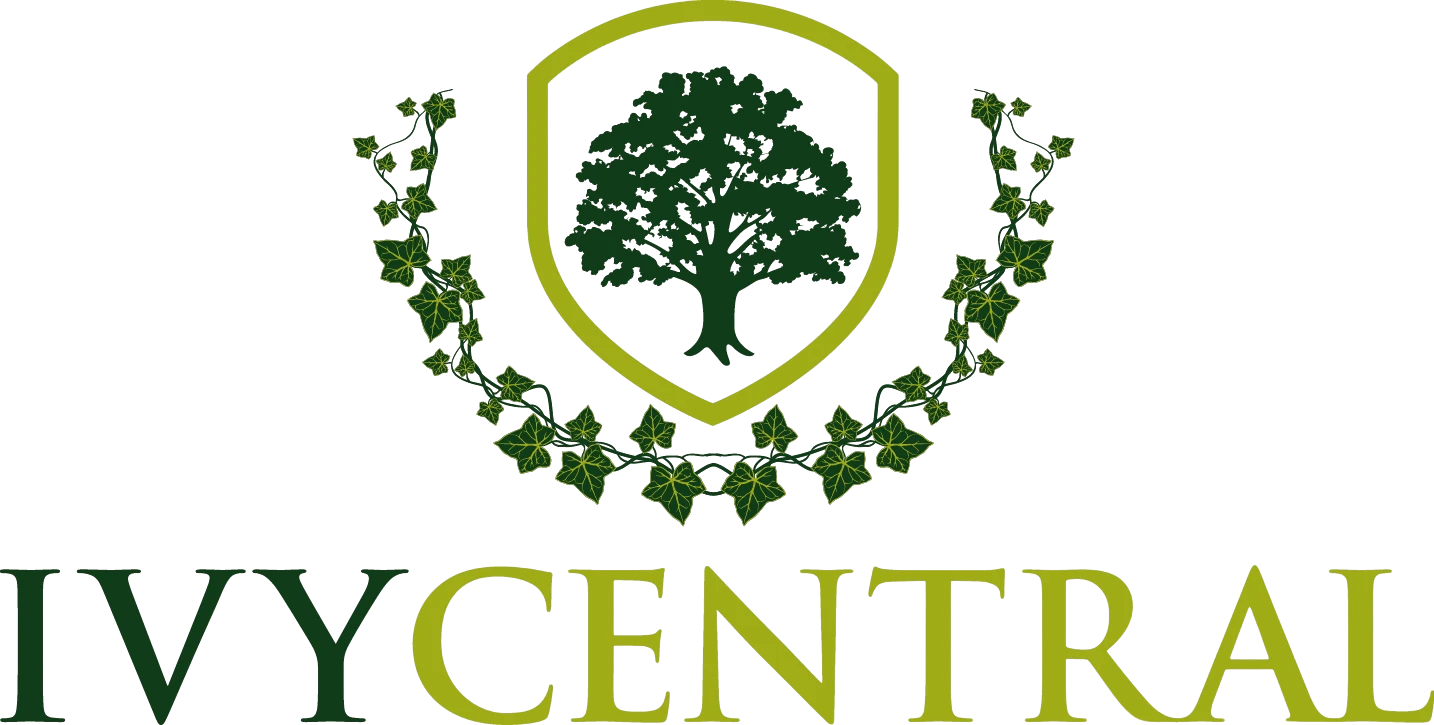
Creating Your Reading List
Having been an English facilitator, I am often asked about book recommendations by students I work with and otherwise. On one hand, this question is straightforward. After all, there are so many books that most people enjoy reading. Mystery and crime novels or historical fiction would definitely top this category. It’s the suspense that keeps us glued. When I devoured Nancy Drew mysteries, I could not wait until I reached the end. Ah – so they’re the killer! Knew it all along – said my inner voice. Thinking back, did I really savor the act of reading? The answer to this is no. I savored reaching the end of the story ,but I did not always enjoy the act of reading to understand a character, what they felt, the reasons behind their actions.
This is also the case for when I am watching a thriller series for I would most definitely binge-watch to know what happens. I have my day’s popcorn and unhealthy snacks ready and even the couch anticipates it is going to be dent day. This is unlikely to be the case with something more light-hearted. Our relationship with books (most times) works in a similar way. Teenagers would steer towards novels that offer them something thrilling. And there’s a scientific reason for this – they love to learn new things, love figuring things out, and are ardent risk takers. So when it comes to books, my recent interactions with the teen population has shown unexpected but not unsurprising answers. Dystopian and Science fiction are the most popular genres picked by teens. Well, if you look at it from this angle – most dystopian novels explore governmental control, the loss of individuality, environmental chaos, technology that’s turned into a Frankensteinian monster, it is only natural for them to gravitate towards these because they can relate to most of these themes.
Also Read: Academic Burnout: How to Recognize and Avoid it
Because picking a book to read can be based on so many factors, such as amount of time, mood, place, etc, it’s a good idea to ask these questions before choosing one –
1. Have you always been a reader?
In which case what have you enjoyed reading? Have you seen yourself meandering to other shelves in a library or are you more of a one-genre person? In my opinion, it would be a good idea to break away from your typical genres to something more unexplored. I remember this time when I first read novels by Turkish and Japanese authors and unearthed unique narrative structures that explored intergenerational conflict – something my choice of novels had not exposed me to. This made me conscious of my own structural choices as a writer and the fusion of structure with content.
2. Do you wish to get back to reading?
Your interests may have evolved over a period of time but at the same time, reading something completely different could lead to scattered reading. The result: you don’t finish reading the book. Hence, pick a book that will give you the momentum to keep reading. In most cases, it is fiction. In others, it’s a book that helps you make realizations about your life. In all cases, it’s a short story!
3. Have you always hesitated to read?
It is impossible for someone who is ABLE to read, to be classified as a non-reader. You would read for school but also be engaged in reading the newspaper or research articles outside of school. If you feel you don’t incline towards reading books, I would recommend you to opt for easy reads. Given the visual element, graphic novels could be the best way forward. On the other hand, selecting hobby-related books that are on the technical side, could also keep you engaged.
Read More: Why Model United Nations
Steps to Create Your Reading List
-
Understand the Purpose of your List
-
Add the ‘Want to Read’ Books
-
Add the Must-Reads
-
Add Books for your Interests/Hobbies
-
Join a Reading Club (because we all need motivation)
The best part of creating your own reading list is the research you need to undertake to meet the book you’d like to read. If you’re a fiction aficionado, you’ll cross romance novels, thrillers, sci-fi stories, period novels, LGBTQIA short stories, graphic novels. If you like non-fiction books, you would reach out to self-help, motivational books. And on your best days, you would find crossovers between these two. These are my favourites. Ivy Central hope you find yours too!
